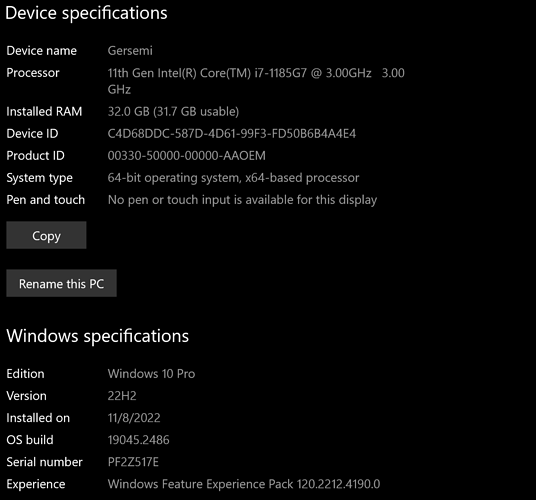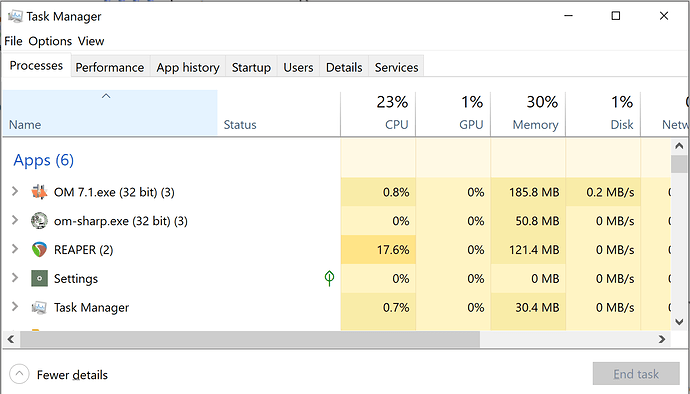Good ![]() Afternoon,
Afternoon,
I am trying to implement some of the functions in OM over to OM-sharp as I seem to have better performance with some patches in OM-sharp. However, some of my patches use lisp functions that are present in OM7.1 that are not available with the tty box in OM#.
Is it possible to view the lisp file for these objects so as to see how they are implemented in OM so I could then port them over to OM#? This would be similar to selecting say an OM+ object and pressing “E” on my keyboard to see the file that contains the function.
The object in question is split-sequence which I gather is from the cl-utilities collection. I would like to implement the same split-sequence behavior in OM#. I can pull the code from its github, but I cannot seem to properly implement the code in an internal lisp function object in OM#. ![]()
I tried following the steps shown here but I did not have any luck wrapping the split-sequence from github in a lambda function and declaring the variables.
Thanks in advance! ![]()


